Inspired by the powerful true story, Sound of Hope: The Story of Possum Trot follows Donna and Reverend Martin as they ignite a fire in the hearts of their rural church to embrace children in the foster care system. Facing an urgent shortage of families to care for and adopt children who couldn’t be reunited with their biological families, the Martin’s church ultimately provided permanent adoptive families for 77 children who needed them. Together, this church led the charge to prove that steady, determined love can transform the lives of vulnerable children. There was a special pre-screening released last night, June 19. The full, national release will be on July 4th, 2024. We would definitely encourage you to see it if you haven’t already.
Everyone can do something to make a difference for children and families in foster care. The story of Sound of Hope tells the inspiring story of how one church mobilized to care for and adopt children in foster care who couldn’t safely return to their biological families.
In Spokane, there are incredible churches, organizations, and advocates working to care for children and families before, during, and beyond foster care. Some of them are working to provide adoptive families for children who need them (like the children in Possum Trot). Some are working to keep biological families together so kids never enter foster care, or to rally around these families as they seek to reunite with their children. Others are stepping up to serve as foster families, providing kids with a safe, temporary home. And others are providing relational and practical support for all of these families—including foster, kinship, adoptive, and biological families—and for former foster youth.
When the church is finding families for children, rallying around biological families, supporting child welfare professionals, meeting adoptive family’s needs as soon as they arise, and caring for youth who have aged out of foster care, it is living out its true character. And in every stage of foster care—before, during, and beyond—local churches can help lead and provide the relational and practical support vulnerable children and families need.
There is no one-size-fits-all approach, and based on the vision and unique makeup of your congregation, your church’s engagement in foster care will look different than a church down the street.
And that is a good and beautiful thing. No single church can transform foster care on its own.
It would be a privilege to walk alongside you and your church as you explore how your church is uniquely called and equipped to love our neighbors in foster care. We invite you to learn more, specifically about how you can be a light to social workers in Spokane, to support and encourage them as they serve kids and families like the ones you saw in Possum Trot. It would be a privilege to connect you to these hard-working, tenderhearted servants. Click here to sign-up and we’ll answer all your questions and help you get started.
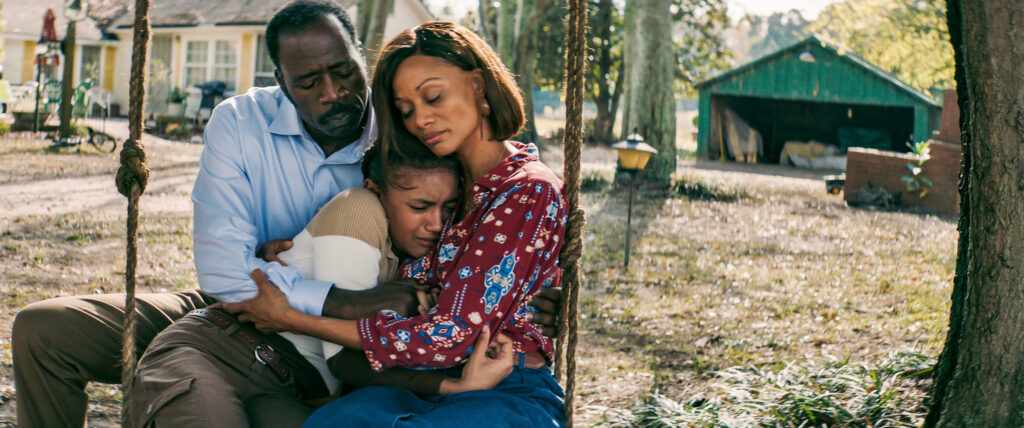
On Trauma and Difficult Behaviors
Some of the children in the movie exhibit difficult and confusing behaviors—fear around bath time, sudden outbursts of anger, communicating as a cat, etc. While these may not “make sense” at first glance, these types of unexpected behaviors often occur when children have experienced trauma.
Any child in foster care has experienced trauma in the form of having to be separated from their biological family. In addition, experiences that lead to foster care like neglect or abuse are often traumatizing. Trauma impacts the development of the brain and can create coping mechanisms and behaviors that may seem bewildering to outsiders. These patterns of behavior are actually natural responses to abnormal circumstances. It is important to be aware of this reality when considering fostering or adopting, and to be ready to learn new parenting strategies and skills that support the specific needs of children who have experienced trauma. Those of us walking alongside children and families in a supportive role also need to be ready and willing to learn how to navigate the effects of trauma.
But we shouldn’t let trauma have the last word or reduce a child’s identity to the hard things they have experienced. Local agencies and organizations are often connected to simple practices and specialized tools that can help you navigate and respond to trauma. Healing is possible, and as the people of God, we are called to wisely move toward people who are hurting—not away. Spokane127 has a Trauma Training that we offer to churches and their children’s ministry volunteers to help them better understand how they can care for kids coming from hard places. Contact us to find out more about how you can take advantage of this free resource for your children’s ministry team and volunteers.
On Biological Family
Foster care is designed to be temporary. Whenever possible, the goal is to provide foster families for children while their biological families make the changes needed to be able to safely reunify with their children.
In the case of Possum Trot, the community was facing an urgent shortage of families willing to care for and adopt children who couldn’t be reunited with their biological families. In particular, there was a shortage of families willing to adopt older children and teens who needed permanent families.
As a result, this movie focuses on how a community came together to meet that specific need through adoption. It doesn’t tell the detailed stories of what happened in these children’s biological families, or why reunification wasn’t possible. Nor is it trying to reflect what foster care looks like at all times and in all communities, or what specific solutions will look like in every community.

On Parenting
Some of the foster and adoptive parents in the movie were struggling, and they weren’t always at their best. If you are a parent, you’ve probably done and said things you’ve regretted when you aren’t at your best, too. And the strain and stress of being a foster and adoptive parent is uniquely intense.
This is one of the reasons community support for foster and adoptive families, like the support we saw towards the end of the movie, is so important. This type of support keeps foster and adoptive parents in healthier places where they can respond effectively to the challenges parenting brings their way—just like support from your friends and community can make a difference when you’re in hard parenting seasons.
Simultaneously, it’s important for foster parents and social workers to watch for the signs that families are reaching a point where they can’t effectively care for children, so families can take a break from fostering for a season or get additional support if they need it.
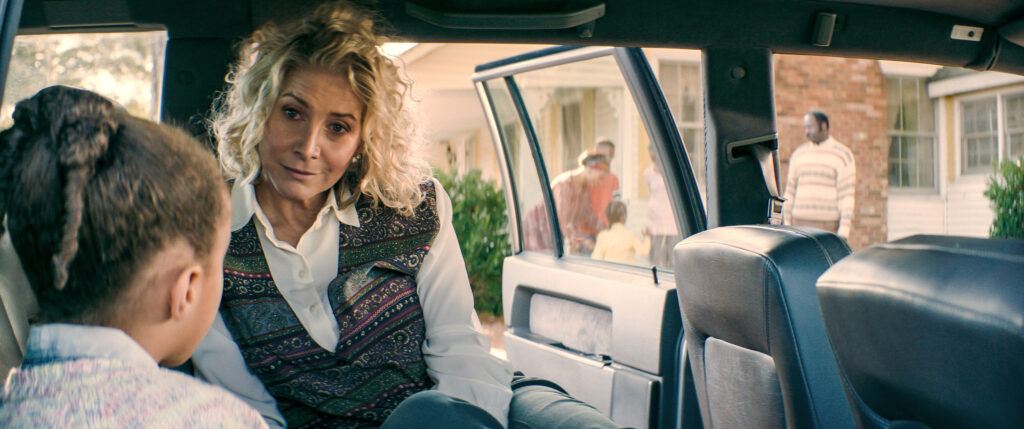
On the Child Welfare System
Child welfare professionals bear one of the most important responsibilities in our communities: the safety and well-being of our children. These social workers have a hard job. They help struggling families access services to help them stay together. They place children in foster care if they can’t safely stay with their families. They find and support foster families, all the while trying to connect biological families to the help they need to get back together. And if reunification isn’t possible, they work to place children in permanent adoptive families.
In the community of Possum Trot, this last piece—the need for adoptive families for children who could not be reunited with their biological families—was particularly urgent, and this movie is the story of how the church rose up to meet that need.
Right now, social workers in our community are walking with families and children on every stage of this journey—before foster care is needed, during foster care, and beyond foster care—and we have the opportunity to support them every step of the way. Click here to see how you can get involved through the Social-LIGHT program and start supporting the DCYF professionals in Spokane.
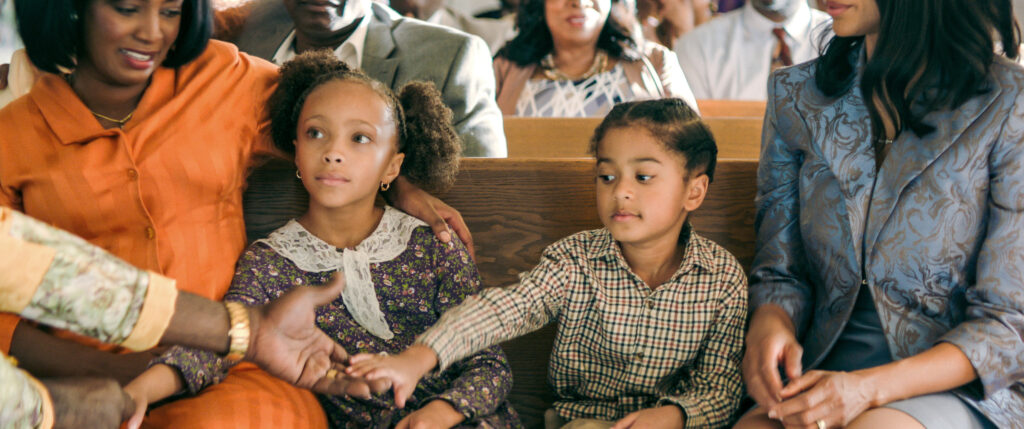
On Diversity of Roles
In the story of Possum Trot, God led many members of the community to become foster and adoptive parents. But those weren’t the only roles needed. In the most stressful moments for these families, people showing up to cook, do laundry and provide emotional support made all the difference.
In the same way, not everyone in your church or community is called to foster and adopt. But everyone can do something to rally around vulnerable children and families. There are no greater or lesser roles in the body of Christ and in the world of foster care, and there is a meaningful place for whatever you and your church are called to offer. Spokane127 is a resource to you and your church as you start to navigate where you fit in and how you can start serving. Please reach out to find out more.
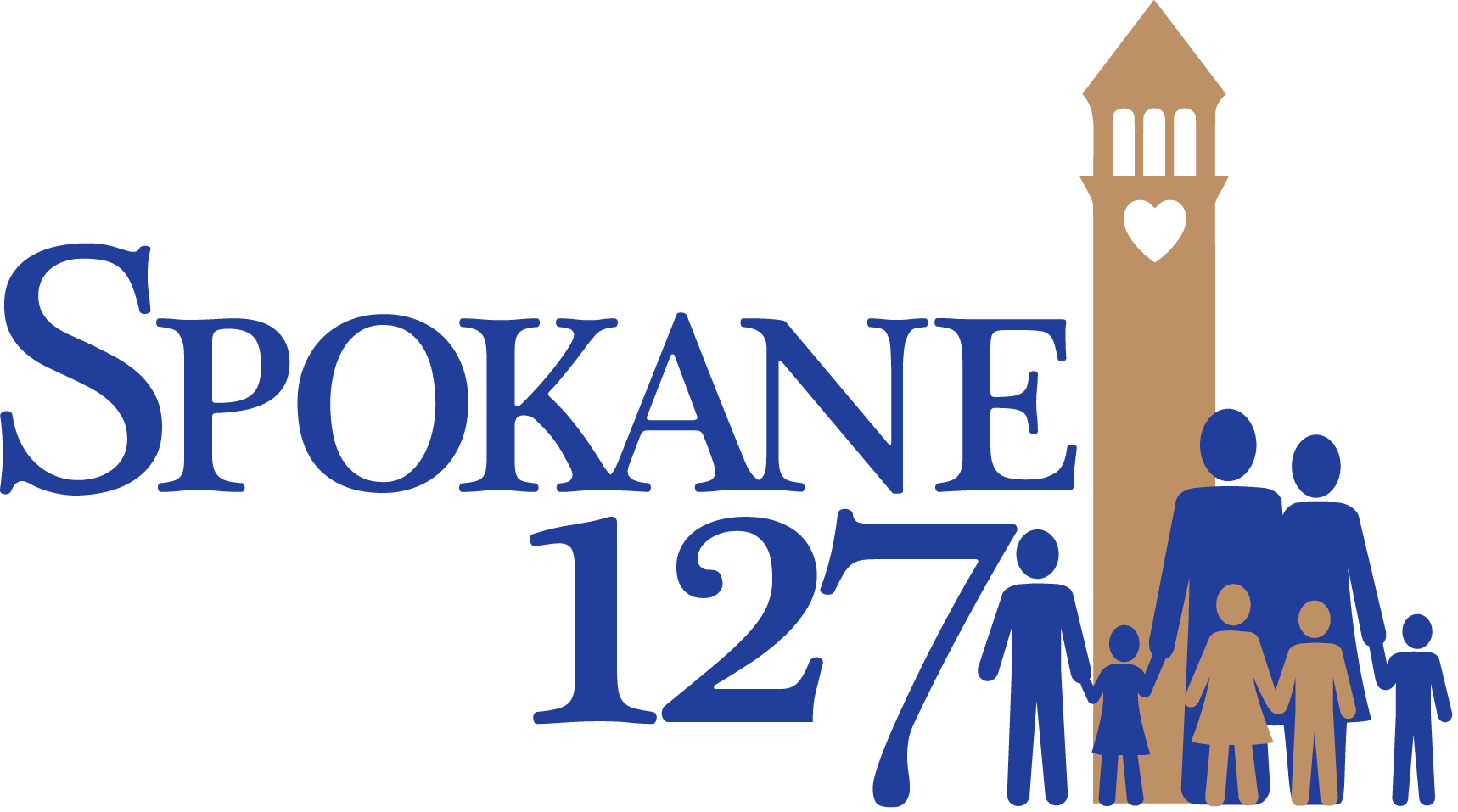
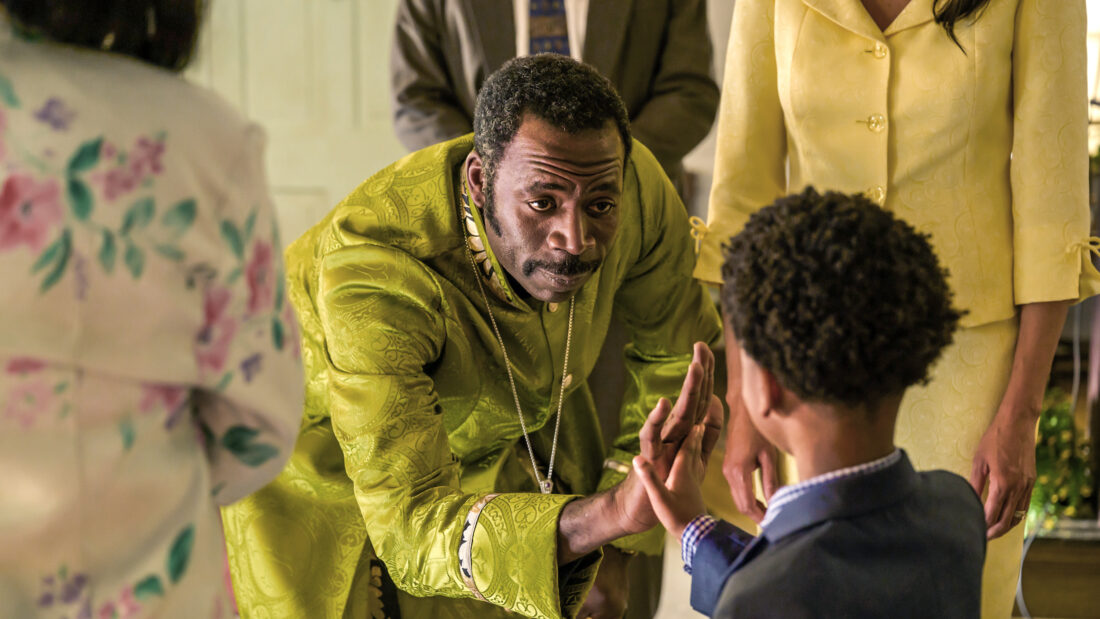
Comments